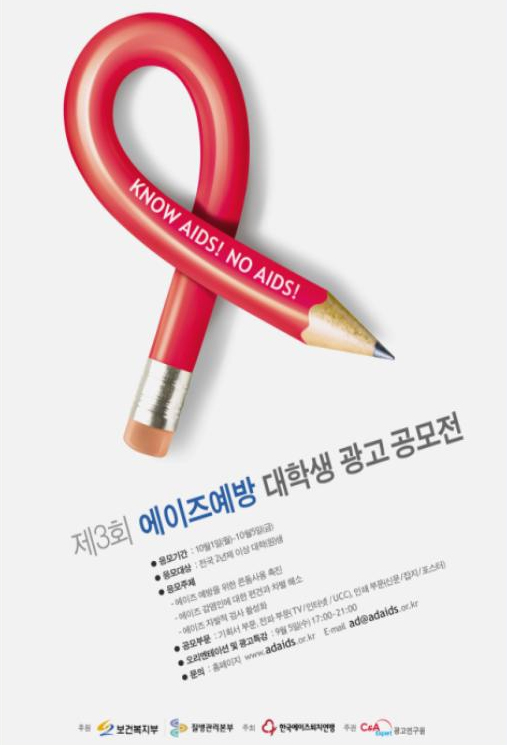
Can rules be changed when they aren’t changed?
What may appear to be a purely metaphysical question is creating some
real-world confusion in the Republic of Korea.
UN Secretary General Ban Ki-moon recently applauded South Korea’s announced lifting
of its entry ban on HIV-positive foreigners. UNAIDS executive director
Michel Sidibe also extolled the move, effective January 1, as an important step
in the effort to realize the global freedom of movement for people living with
HIV. But the reality appears to be more
complex.
I recently spoke with Adam Walsh, a journalist with The Korea Herald who said that the announcement has caused nothing
but confusion about the current status of in-country HIV testing. Specifically, the recently-announced lifting
of the travel ban didn’t appear to affect mandatory testing rules.
Article 11(1) of the Immigration Control Act provides the ostensible legal basis for
restricting entry to HIV-positive foreigners.
This provision states that the Minister of Justice may prohibit the
entry of “[P]ersons carrying an epidemic disease, narcotics addicts or other
persons deemed likely to cause danger and harm to the public health.” Article
46(1) permits the deportation of such persons, if they are identified within
the country.
These provisions were not previously a concern for tourists and short-term visitors
to the country. Professor Wagner notes
that, unlike the United States, South Korea never tested tourists or required
them to submit HIV test results. They
weren’t even asked about their HIV status at the time of entry. It appears then
that South Korea’s “lifting” of a travel ban was a bit disingenuous, because it
was never enforced.
According to Professor Benjamin Wagner of Kyunghee University Law School in Seoul, no new
laws or policies have actually been created. This was generally affirmed by
Ministry of Justice spokesperson Ahn Gyu-seok who said that “In light of the
January 1 announcement, the rule [regarding a “travel ban”] is just getting
more flexible, meaning that the
rule has not changed.”
The wrinkle lies, however, with regard to foreigners who remain in the country
longer. Article 8(3) of the AIDS
Prevention Act requires “long-term sojourners”, specifically those under the
E-6 employment visa (e.g., entertainers and professional athletes) to submit
HIV tests. If they are found to be HIV-positive,
the government can still (and does) invoke Article 46(1) of the Immigration
Control Act to deport them, especially
if the government finds that they are having sexual relations with Koreans.
Foreign-language instructors and others under an E-2 visa are still required to
undergo an HIV test within 90 days of entry, although this requirement is
currently being challenged
on constitutional grounds.
It is appears too early to determine what impact, if any, the recent announcement
will have on the momentum of Bill 3356, currently pending before the National
Assembly. If passed, the bill would make
HIV testing mandatory for all foreigners applying for work visas.
So why did the government makes it recent announcement about lifting the travel
ban? Apparently, the rule change
announcement is mere window dressing. HIV-positive foreigners will not be precluded
per se from entering South Korea, but to remain they must submit to
discriminatory procedures and live with the ever-present threat of deportation
because of their HIV status.
In one sense, South Korea’s announcement is at least a political stance in favor
of the freedom of movement of PLWHA. On
the other hand, this stance does not translate into any concrete action. South Korea has done nothing to dismantle the
legal framework codifying discrimination against foreigners living with
HIV/AIDS.
Ken Oh is the editor of Asia Catalyst’s Chinese-language website, Asia Report (www.yazhoudiaocha.com).




